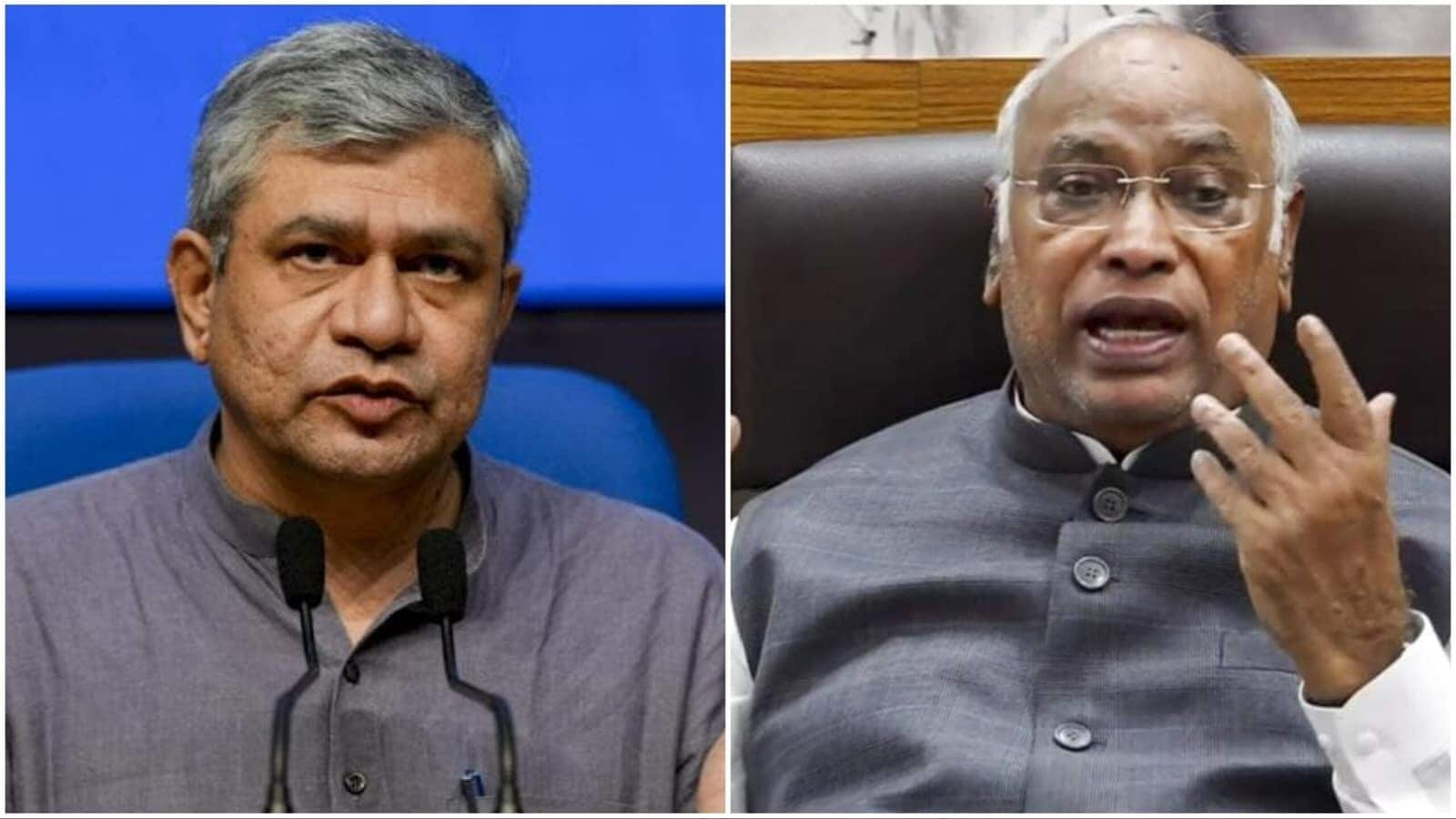
'Cheap stunt': Opposition's reaction to 'One nation, one election' push
What's the story
Congress President Mallikarjun Kharge has criticized the "one nation, one election" initiative approved by the Union Cabinet on Wednesday. He called the proposal "impractical" and incompatible with democracy. "We don't stand with this. One nation, One election cannot work in a democracy," he said. The plan seeks to conduct simultaneous Lok Sabha and state Assembly elections across India.
Cabinet approval
Union Cabinet approves '1 nation, 1 election' proposal
The "one nation, one election" proposal was approved by the Union Cabinet led by Prime Minister Narendra Modi. The initiative is based on recommendations from a panel chaired by former President Ram Nath Kovind. The panel's suggestions include holding simultaneous elections for the Lok Sabha and state Assemblies initially, followed by coordinated local body elections within 100 days. It also proposed an "Implementation Group" to oversee these recommendations' execution.
Feasibility concerns
Opposition leaders question feasibility of simultaneous polls
Alongside Kharge, other opposition leaders have also expressed doubts about the initiative. Congress leader TS Singh Deo questioned its feasibility, saying, "Suppose 'One Nation, One Election' is implemented from January 2025... If a state or central government falls after two years and is elected for five years, its next election might not be until 2032." Trinamool Congress (TMC) leader Derek O'Brien labeled it a "cheap stunt" by the BJP.
Political accusations
Opposition accuses BJP of undermining regional parties
Similarly, Jharkhand Mukti Morcha MP Mahua Maji accused the BJP of using "One Nation, One Election" to undermine regional parties. "BJP has been trying this for a long time and wants only one party to rule the country," she said. Aam Aadmi Party (AAP) MP Sandeep Pathak also raised concerns about the practicality of simultaneous elections, questioning what would happen if a state government falls before its term ends.
Committee report
Kovind-led committee highlights benefits of simultaneous elections
In its report to the president in March, the Kovind-led panel stated that frequent elections create uncertainty and impact policy decisions. The report, comprising 18,626 pages, is an outcome of extensive consultations with stakeholders and experts over 191 days. The committee highlighted that "One Nation One Election" ensures ease and convenience to voters, avoids voters' fatigue, and facilitates greater voter turnout. It was briefed that intermittent elections had adverse consequences on economic growth and other outcomes besides upsetting social harmony.